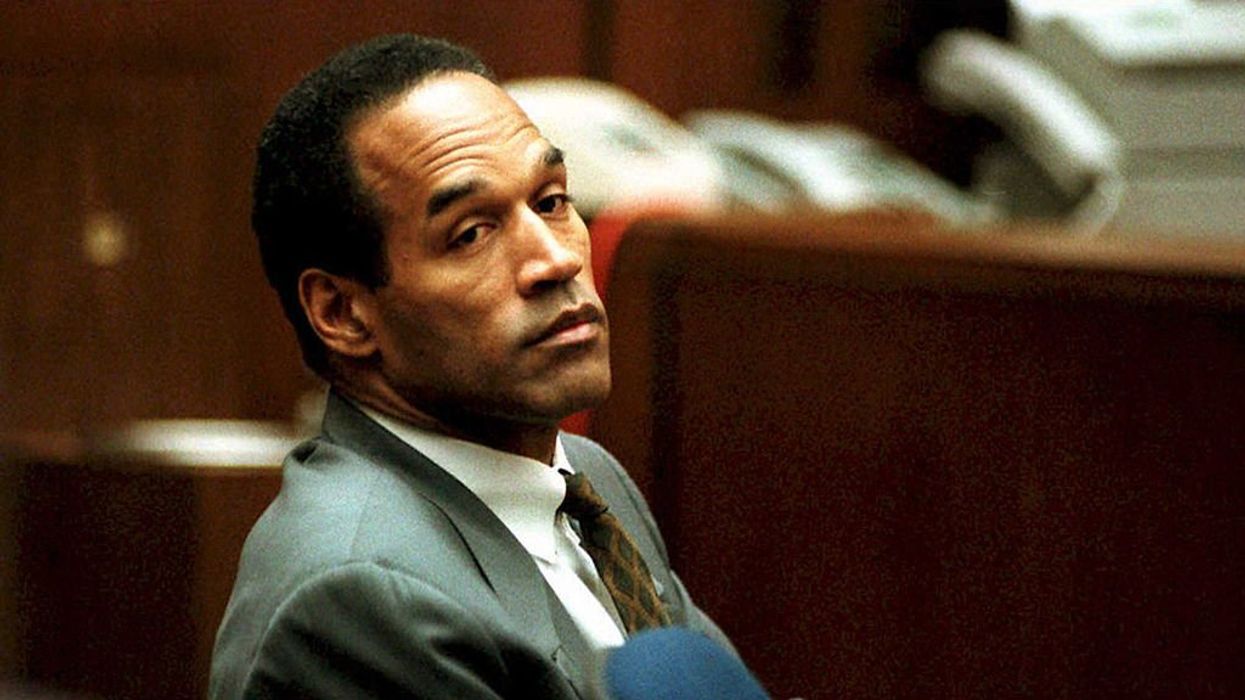
© 2024 Blaze Media LLC. All rights reserved.
The Internet Won't Be a Beacon of Free Speech if the UN ITU Has Its Way
December 03, 2012
In the World of UN Conference Boondoggles, Luxury-Loving Oppressors Masquerade as the Oppressed, While Seeking to Restrict Everyone Else's Freedom
In December 2012, under the auspices of the UN's International Telecommunications Union (ITU), representatives from 193 countries will meet in Dubai, in the UAE (ranked 112th in the world for press freedom) to discuss the future of the Internet. Slated for discussion are such basic online rights as: individual privacy, freedom of expression, and protection for individuals from tyrannical governments.
In November (perhaps, as a welcoming gesture to the ITU conference), the UAE issued by decree (without public debate, comment periods, or other democratic niceties) a new law making it a crime to deride, insult, mock or criticize, by using the Internet, the leaders of the UAE. Or perhaps the UAE issued this decree to celebrate its recent appointment to the UN's Human Rights Council (UNHRC). After all, nothing expresses a country's respect for humans rights (and/or the UNHRC) like a decree making online criticism of the government punishable by a 3-year minimum jail sentence.
The UAE fits surprisingly well with its peer group on the UNHRC. Some other members (with their press freedom rankings) are: Ethiopia (127th), Gabon (101st), Kazakhstan (154th), Pakistan (151st), and Venezuela (117th). Somehow the UN failed to include Saudi Arabia (158th), where adult women need permission from a male guardian to leave the country - perhaps it can join the UNHRC next year.
Ironically, one discussion topic for the ITU's UAE conference is the role of national governments in managing the Internet, as communications become increasingly global. A number of countries view freedom of expression as an annoying Western folk custom (which inconveniences their ruling kleptocracies). They want more power to manage/control the Internet on a global basis. For example, I can't safely call the UAE's rulers (on a UAE website) an unelected, unaccountable non-transparent hereditary kleptocracy. But I can do so from the US - without fear of having the website closed or ordered to remove the offending material. I can also do so without fear of going to jail - unless I'm silly enough to travel to the ITU conference in the UAE.
This isn't an abstract concern, or just a UAE issue. Internet users in China only see news filtered by the Great Firewall of China, so they're often unaware of their leaders' kleptocratic inclinations. For example, when the New York Times published a well-researched, highly-documented story describing the nearly $3 billion fortune accumulated by the family of China's outgoing Prime Minister, the Chinese government didn't deny the article's accuracy, but blocked Chinese access to the NY Times.
As another example, consider the case of famous Chinese architect Ai Weiwei (as discussed in Rebecca McKinnon's book, The Consent of the Networked) who vanished from the Beijing airport. Ai Weiwei's crime was that, after a horrendous Chinese earthquake:
"Ai used his fame and influence to support and promote efforts by local families, activist bloggers, and human rights lawyers to compile and disseminate information about the children who had died in schools that collapsed while surrounding buildings remained intact. Corrupt local officials had allowed construction firms to cut corners on school buildings across the province. Angry parents wanted answers. They wanted those responsible to be punished."
In response to this corruption and loss of human life, the Chinese government detained:
"... several activists and convicted a few on charges of subversion. Names of people and places related to this accountability movement, as well as a range of related phrases, were put on the list of things that Internet companies must remove from blogs and social networking sites. Ai Weiwei’s name, and all discussion of his case, is also banned from China's social networking platforms."
Currently, Chinese leaders' control of the Internet doesn't extend beyond China's borders. So, we're free to read about Ai Weiwei and similar cases - in other places in the world. But, the Chinese government (and like-minded governments) want the power - to force global removal from the web - of any information they disapprove of.
The December ITU conference isn't one of the standard meaningless international boondoggles - where high-level functionaries travel (at great expense, and in extravagant luxury) to demand, that someone else do something, about some important problem. This ITU conference is potentially dangerous because it has real authority. The Internet exists in its current form under the auspices of an ITU treaty, and many of the conference's participants want that treaty amended to give themselves greater control.
The risk to freedom in the United States from this sort of nonsense is probably limited. American courts still function to protect our liberties, and no legal barriers are likely to be imposed on Fox News or other major cable news networks and major newspapers. But if the ITU treaty is changed to give governments more power - smaller countries and companies will be more easily bullied.
In general, expect continued clashes about online freedom of speech. More specifically, if you find yourself in the UAE: Don't criticize, deride, mock or insult that country's leaders - or you might end up in jail. And, if you find yourself in China: Don't mention that the 70 wealthiest members of China's legislature are worth $90 billion (rather difficult to explain on Chinese government salaries) - or you might disappear without a trace.
In either case, don't expect the UN's Human Rights Council to protect your rights.
Want to leave a tip?
We answer to you. Help keep our content free of advertisers and big tech censorship by leaving a tip today.
Want to join the conversation?
Already a subscriber?
more stories
Sign up for the Blaze newsletter
By signing up, you agree to our Privacy Policy and Terms of Use, and agree to receive content that may sometimes include advertisements. You may opt out at any time.
© 2024 Blaze Media LLC. All rights reserved.
Get the stories that matter most delivered directly to your inbox.
By signing up, you agree to our Privacy Policy and Terms of Use, and agree to receive content that may sometimes include advertisements. You may opt out at any time.


